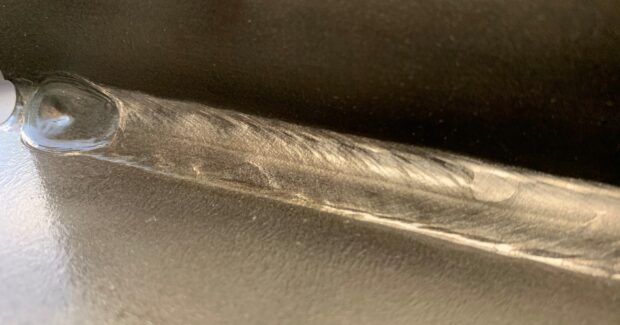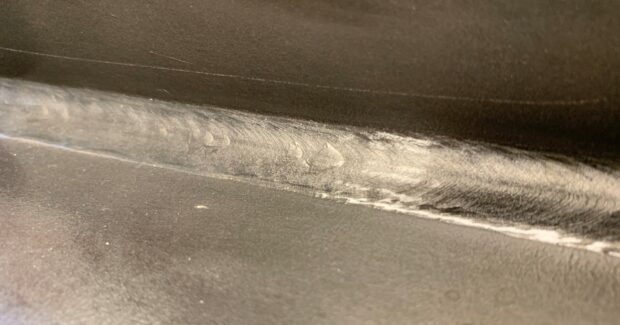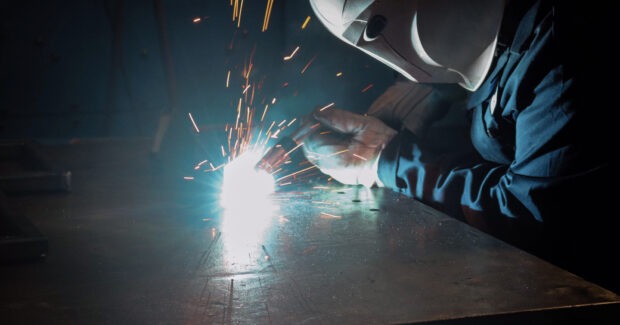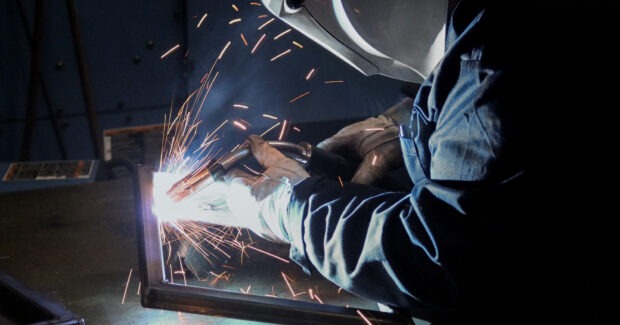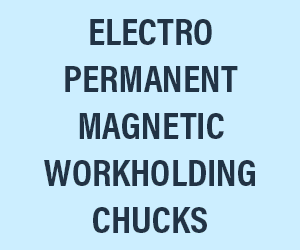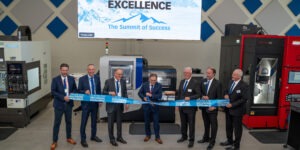The Differentiators That Make OEM MIG Gun Consumables Worth the Investment
Branded consumables: Where quality and performance are put front and center for improved operations.
Posted: September 30, 2024
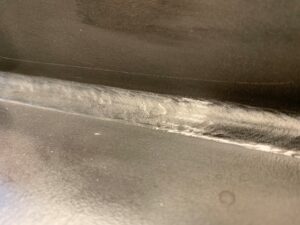
When choosing MIG welding gun consumables, the possibilities are seemingly endless. Staring down the array of options yields a vast assortment — and an equally vast range of quality levels. The caliber of consumable is a variable that is directly related to the quality of the weld and equipment functionality. That alone could be used to make the case for investing in a more durable and reputable brand. While high-quality original equipment manufacturer (OEM) consumables are sometimes more expensive upfront, they can be more cost-effective in the long run. Their consistency and the overall product quality can reduce rework, waste and downtime, ultimately saving money. Here’s why OEM consumables are important — and why you should consider using them for your operation.
Performance

When an operator chooses an OEM consumable, it’s a big deal. Time and money were invested in using the product and determining whether it was worthy of use, so they expect it to perform consistently and at a high caliber every single time to improve their welds and promote operational efficiency.
High-quality consumables are engineered to provide consistent and reliable material compositions and mechanical properties, which produce stable arcs and improve the quality of the weld bead. Performance reliability is imperative for producing uniform welds with minimal defects, which, by extension, positively impacts weld integrity.
The quality of consumables can also play a role in operator productivity, downtime and the need for part rework. This marks another important reason to choose consumables that will exceed expectations when it comes to performance. A good OEM is constantly looking to solve end-user pain points or discover unmet needs and then solve for those unmet needs with a new or improved product. This proactivity and ethos of constant enhancement leads to the ongoing creation of useful products that aid operators during their workday and stand up to the rigors they face on the job.
Quality Assurance
Quality matters, and many original equipment manufacturers make it a point to adhere to the highest standards possible. Strict policies and procedures ensure that products are manufactured to the specifications and tolerances that they were designed to. Once the consumables are made, they often undergo rigorous testing for quality and consistency before they’re packaged and sold. Automated systems that check the consumables across a variety of critical variables can be used.
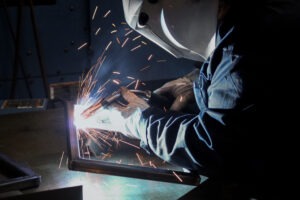
Approved consumables are then documented and receive a batch number to allow for traceability. These records detail the production history, source material and quality control results. This is especially important in industries that have extremely high standards and regulations pertaining to quality, such as automotive.
A robust quality assurance program maintains integrity of the product and helps affirm consistency and reliability in consumable performance during the welding process.
Technical Support
Reputable brands care about not only how their products perform but also the overall user experience. This manifests as a comprehensive technical support team across the products. Investing in a brand that offers this support can be invaluable in troubleshooting and optimizing efficiency.
When a weld cell is not operating as efficiently as expected, it can have a ripple effect and negatively impact an entire operation — not just an individual operator. Connecting with a brand’s tech support team to troubleshoot the problems is a way to build rapport with your OEM and ensure the consumables you chose are working the hardest they can for you.
An operator’s choice in consumables is vital to the quality of welding output. Substandard consumables may not be manufactured at the same level, which increases the likelihood of experiencing issues such as excessive spatter, poor wire feedability and premature failures — all of which increase costly downtime and rework. If quality and performance are nonnegotiable, using OEM consumables is a move to strongly consider for an improved operation.





